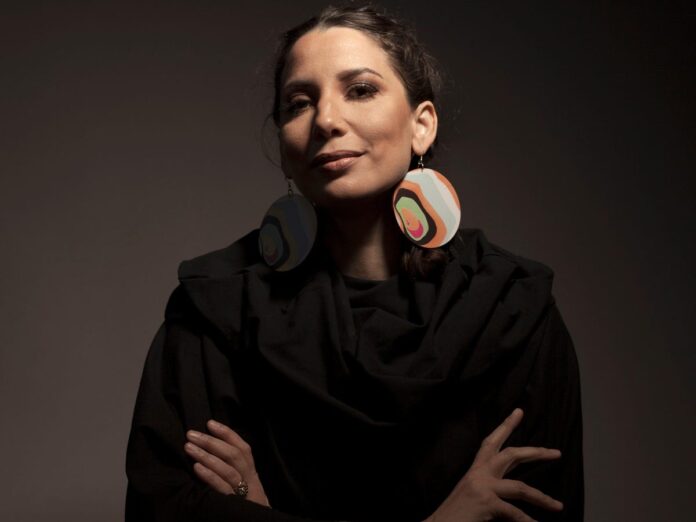Rebekah Borucki, Founder and President of Row House Publishing
Rebekah Borucki,
Writers from marginalized communities face a range of barriers at every stage of the publishing process. The 2020 study ‘Rethinking ‘Diversity’ in Publishing‘ found that writers of color are not afforded the same industry access, creative freedoms, or economic value as their white counterparts, and each stage of the publishing process was generally set up to amplify the voices of white and middle-class people. In the report, publishers expressed concern that books by Black writers can be too ‘niche’ and not appeal to their core audience; even those publishers who stated they would like to publish more writers of color believed it was too commercially risky to do so.
Rebekah Borucki is the Founder and President of Row House Publishing, an independent publisher that is on a mission to support diverse communities within the book publishing industry. Borucki felt compelled to set up Row House after leaving her previous publisher in October 2020 where she was an author and mentor for other Black and Brown writers but became frustrated by what she saw as a lack of true commitment by the company to make real change.
“Inequality is rampant through publishing at every stage. The pay is so extraordinarily unequal and the #PublishingPaidMe hashtag really showed us the inequality that exists, where a Black writer with even a big following might be getting three, five, ten times less than a white author that isn’t equal at all in terms of audience,” she says.
In June 2020, the social media campaign #PublishingPaidMe went viral. Black and white writers took to Twitter to share information about their book advances. While it exposed a huge pay disparity in advances between Black and non-Black writers, Borucki believes that publishers need to go much further to tackle systemic inequality by taking action to implement fair, equitable, and transparent business practices in publishing.
“We’re looking at systems in every single aspect of the business. Our funding partners seed at the table is a completely Black and Brown founded and funded organization. It’s all from our community and people that are showing up to be part of a change in the system. I’m looking at publishing that hasn’t changed in a hundred years, but it’s inspiring people to take action wherever they are,” she says.
Borucki believes that everyone has the power to change systems within their organization or workplace by speaking up when they see prejudice or oppression in day-to-day work life and by acting as an ally for colleagues.
Transparency is the key to disrupting this cycle of inequality, and it starts with paying people what they are worth. At Row House, every author is offered the same terms: a $40,000 (USD) advance with a 40% royalty profit share (the average industry royalty rate is 10%). The 40/40 model levels the playing field for all authors while providing support across marketing, social media, and more. Borucki hopes that this will force the industry to be more transparent in their practices and pay their authors more fairly.
We all have a role to play in perpetuating or tackling inequality. Even if we don’t work in publishing, the books we purchase and the content we consume all either disrupt or contribute to the problems, Borucki explains.
“We all have platforms, and we all need to raise our collective voice to make a change. Say something when you see something wrong. if you get enough people tweeting about what they’re doing, then they’re going to want to make a change,” says Borucki.
Borucki acknowledges that everyone has blind spots, and she takes guidance from a publishing council and diversity, equity, and inclusion coach to ensure she is held accountable for creating a truly inclusive company culture, from their hiring practices through to the way they acquire books.
“Accountability is really about shedding lights on what’s dark. We’ve already seen how disruptive and game-changing it can be when your intention is to truly be inclusive. We welcome the challenge to do better,” she says.





